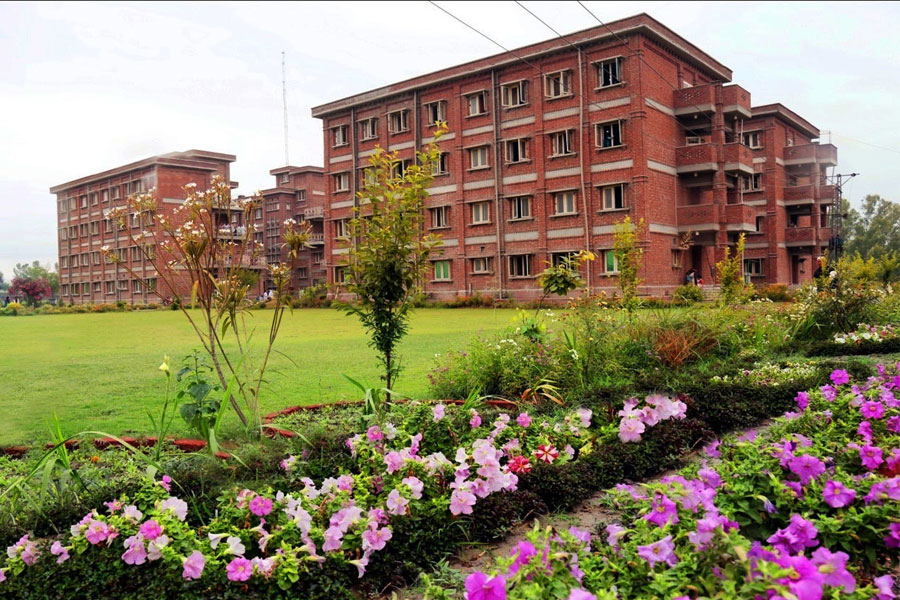In recent years, the issue of dress codes for students in universities across Pakistan has become a topic of debate. The Shaheed Benazir Bhutto Women University (SBBWU), Peshawar, is the latest university to implement a dress code for its students.
The new dress code, which prohibits the use of jeans and tights on campus, was introduced in response to a rise in incidents of sexual harassment in universities across Khyber Pakhtunkhwa (K-P).
According to a notification from the university’s registrar’s office, students must wear knee-length kurtas, shalwars, and white dupattas. The new dress code is compulsory, and students who violate it will face a fine of Rs1,000.
The issue of dress codes for university students in Pakistan is not new. In fact, former K-P governor Shah Farman directed all public universities to change their open dress code policies after receiving complaints that incidents of sexual harassment were on the rise in the varsities across K-P.
NED University Students Create Robot to Help Autistic Children
Other universities in the region, including Hazara University Abbottabad, Bacha Khan University Charsadda, and the University of Peshawar, have also implemented similar dress codes, which have faced criticism on social media.
The Kohat University of Science and Technology (KUST) recently introduced a dress code requiring female students to wear an abaya, while male students were asked to wear white shalwar kameez or grey dress pants with black shoes.
Critics of the dress codes argue that they infringe on individual freedoms and do little to address the root causes of sexual harassment in universities.
They argue that universities should focus on creating a safe and inclusive environment for all students, rather than dictating what they can and cannot wear.
Proponents of the dress codes argue that they are necessary to prevent incidents of sexual harassment and ensure that students dress modestly in line with cultural and religious norms.
However, it is important to note that dress codes are not the only solution to the problem of sexual harassment in universities.
Universities should also take steps to raise awareness about sexual harassment and provide support to victims. This can include providing counselling services, establishing a reporting mechanism for incidents of sexual harassment, and holding perpetrators accountable for their actions.
Muslim Characters Appear in Only 1.1% of Popular TV Series: University of Southern California
What are your thoughts on this ban by the Shaheed Benazir Bhutto Women University? Share them with us in the comments below.
Stay tuned to WOW360.
